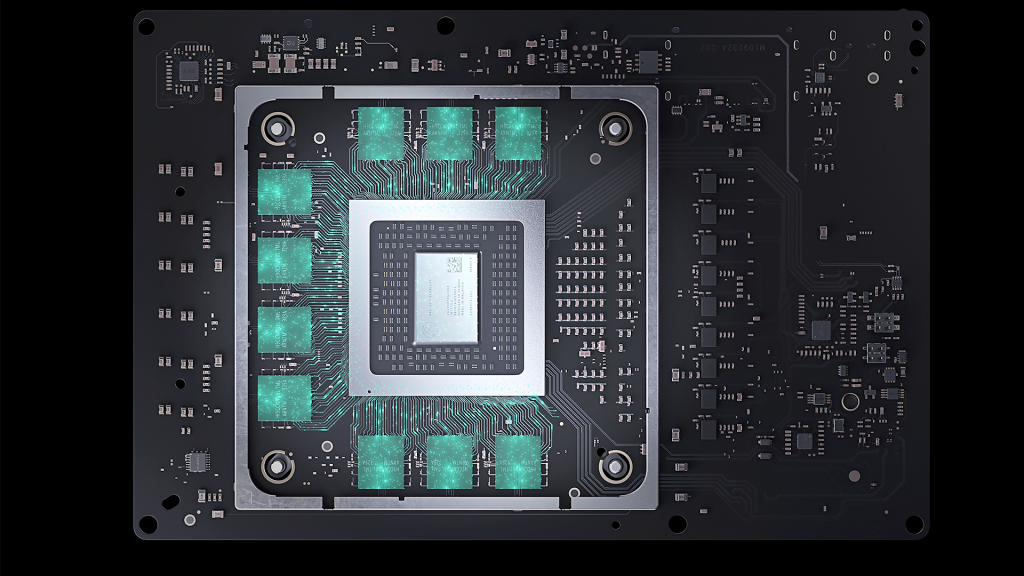For the past two generations of Xbox and PlayStation consoles, Sony and Microsoft have both gone with AMD for their custom hardware. Microsoft is already laying the groundwork for its next console, as we know from files revealed as part of the FTC v Microsoft trial over the acquisition of Activision Blizzard. Now, it is claimed that Intel is looming, looking to grab Microsoft's business for its next console.
According to Moore's Law is Dead, which has a hit and miss track record with console hardware leaks, Intel is looking to compete for Microsoft's business and wants to supply its own chips for next-gen Xbox consoles. Looking back at a little bit of hiring history reveals that there could be more to this thread to follow.
As noted by TweakTown, Intel hired John Sell back in 2019. Sell had previously spent many years working at Microsoft, acting as the chief architect behind the Xbox One, Xbox One X and the most recent Xbox Series X/S systems.
AMD has had a bit of a lead in integrated graphics over the past decade. However, Intel been working on its own Xe Graphics architecture for several years now and the latest Intel processors do have a bit more graphics horsepower, allowing for Intel Core Ultra chips to be used in gaming systems like the MSI Claw handheld.
Microsoft will no doubt have meetings with AMD, as well as Nvidia, before making any final decisions on hardware for its next console. It is also worth noting that Microsoft's Xbox hardware plans could also be in flux at the moment, as the company is looking to grow its game software sales by bringing more titles to platforms like PlayStation. This could signal a bigger shift towards third-party development and away from first-party hardware with exclusive software.
Discuss on our Facebook page, HERE.
KitGuru Says: With the Xbox One/PS4 and Xbox Series X/PS5, Microsoft and Sony both opted to use very similar custom hardware for their systems. It would be interesting to see them both diverge next generation, at which point comparisons between the two systems would become more relevant than ever.
 KitGuru KitGuru.net – Tech News | Hardware News | Hardware Reviews | IOS | Mobile | Gaming | Graphics Cards
KitGuru KitGuru.net – Tech News | Hardware News | Hardware Reviews | IOS | Mobile | Gaming | Graphics Cards



